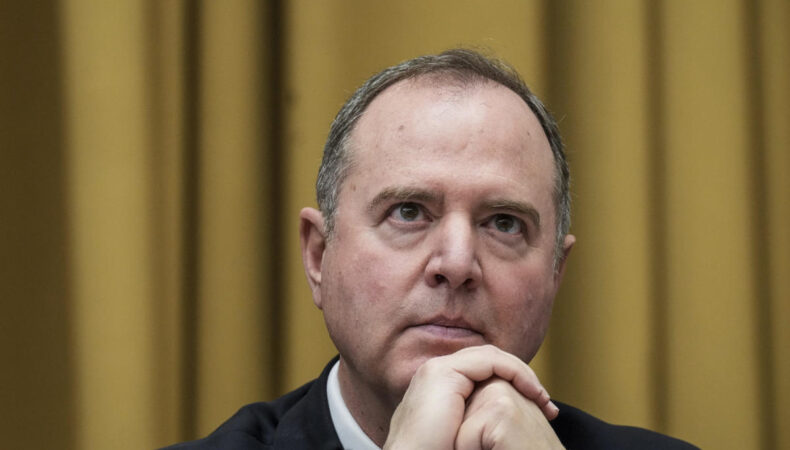Following the recent attack in New Orleans, Senator Adam Schiff has voiced his concerns regarding a possible appointment of Kash Patel as the next FBI leader. Schiff, a California Democrat who heads the House Intelligence Committee, made these remarks during a recent interview, contending that Patel’s record does not inspire confidence. Schiff referred specifically to Patel’s former role as a top aide to then-President Donald Trump, arguing that it would be inappropriate for Patel to lead the FBI given his past.
Senator Schiff said, “The attack in New Orleans immediately shows why we need an FBI director who can overcome partisanship and protect the nation with integrity and independence.” While Schiff did not explicitly say that Patel was partisan, he hinted that the former Pentagon official’s close ties with Trump could potentially bias his leadership at the FBI.
In the past, Patel, who served as the Chief of Staff to Acting US Defense Secretary Christopher Miller under the previous administration, has received criticism for his involvement in partisan battles. Most notable was his role in combatting the Department of Justice and FBI’s investigation into Russian interference in the 2016 presidential election, under the pretext that it was politically motivated. Patel has consistently denied any form of bias, stating that his actions were warranted by the circumstances.
Despite these reservations, it is important to note that any decision on the FBI’s leadership would require Senate confirmation. Kash Patel’s potential nomination is far from decided, and the final call rests with the current US President, Joe Biden. Until a firm decision is made, the position remains occupied by Christopher Wray, who was appointed by former President Trump.
Supporters of Patel argue his familiarity with Washington and previous experience in defense and national security matters qualify him for the FBI’s top role. However, opponents like Schiff maintain that given the nature of the bureau’s mandate, the position requires someone without overt political allegiances, drawing attention to the importance of unbiased leadership in maintaining public trust and national security.
Last modified: January 6, 2025



